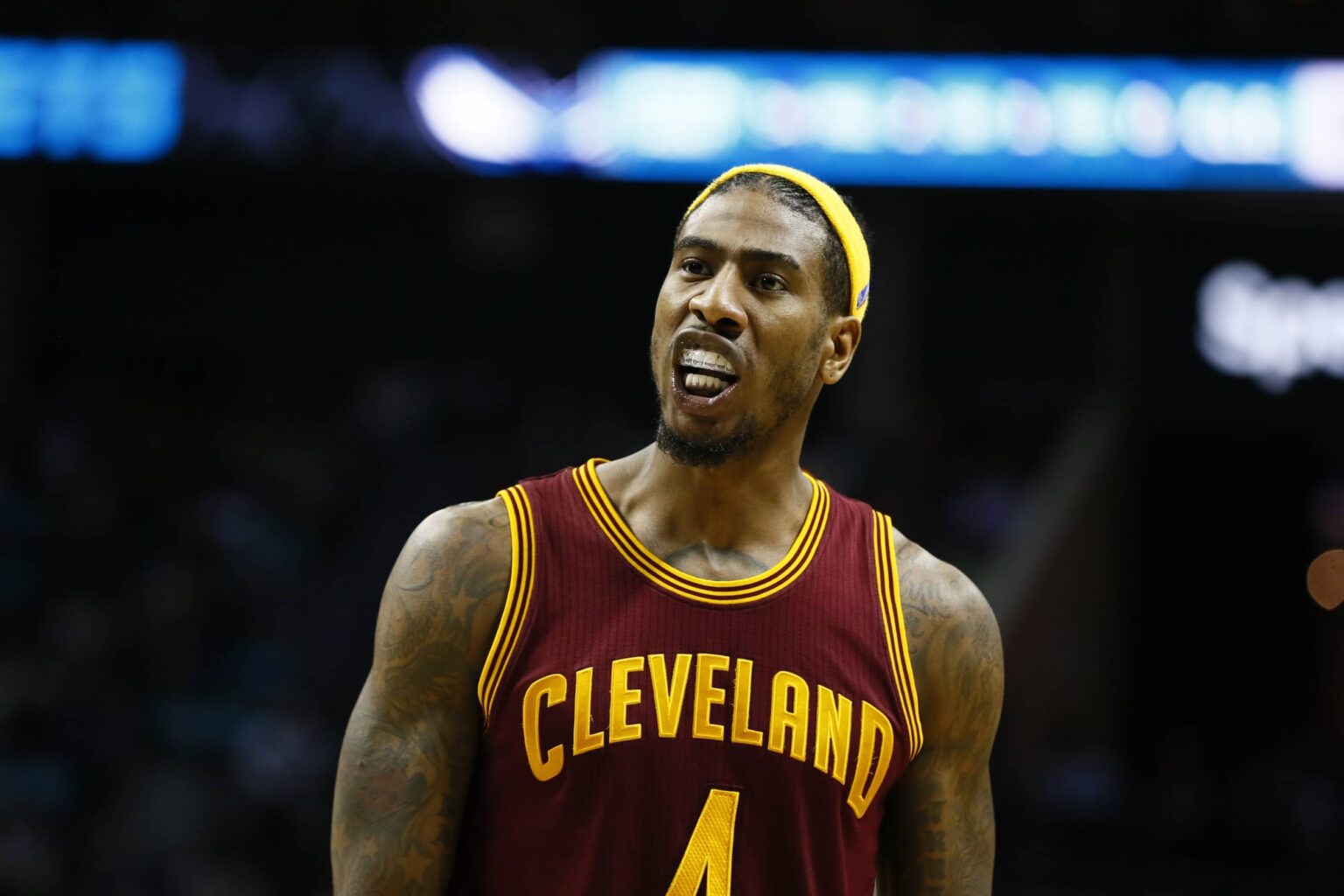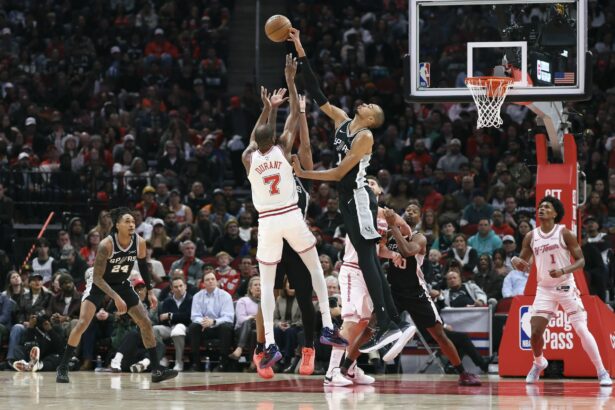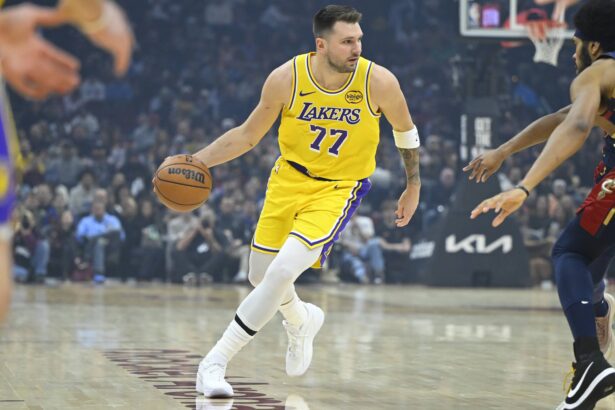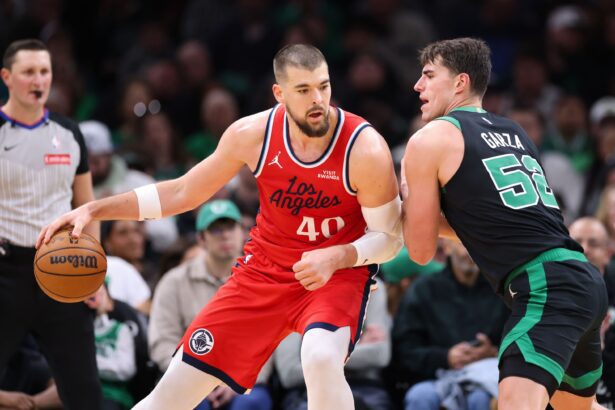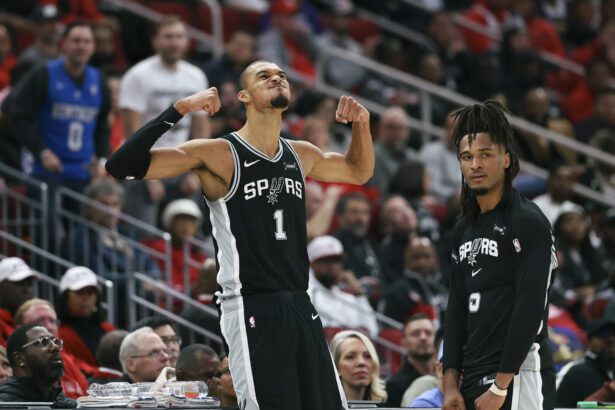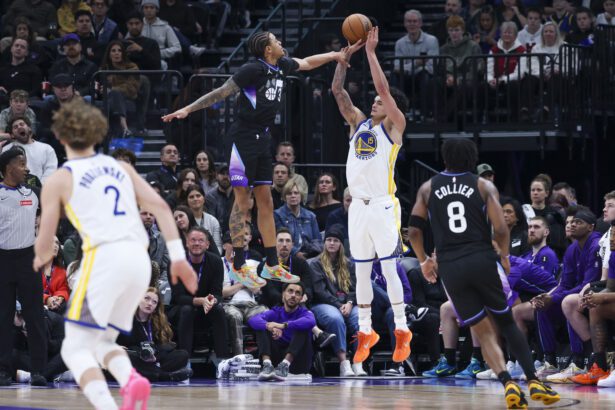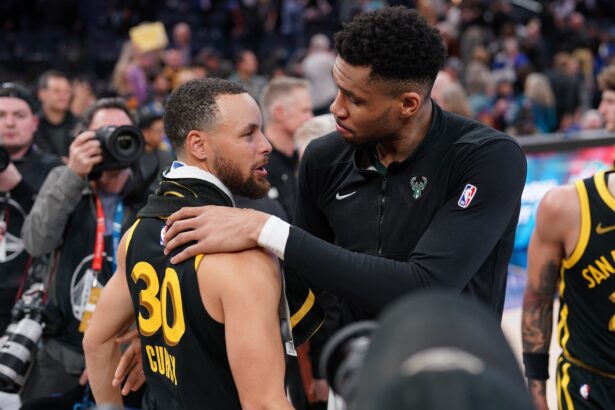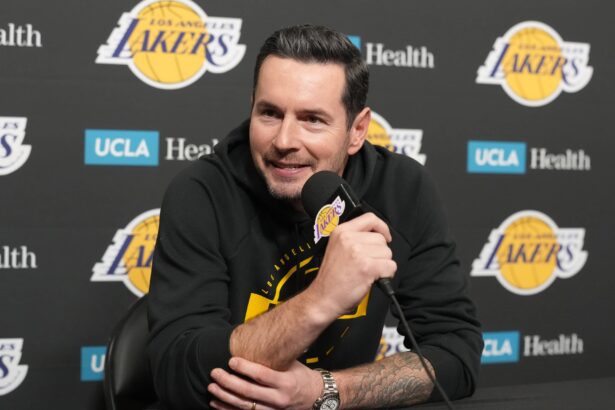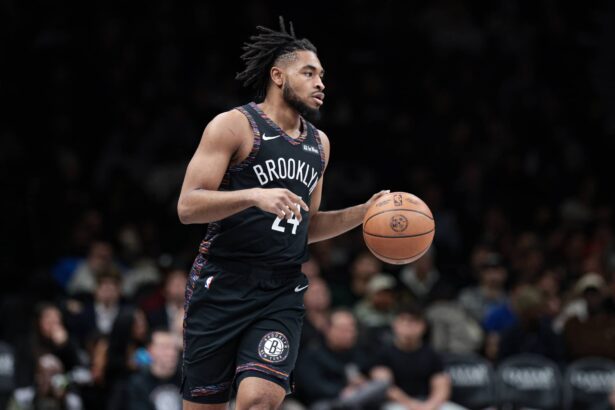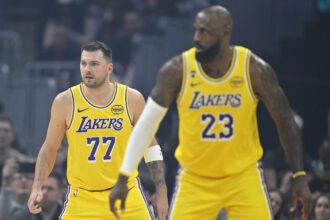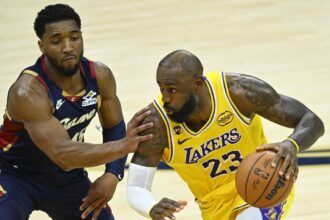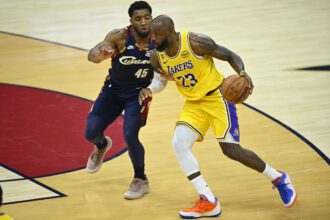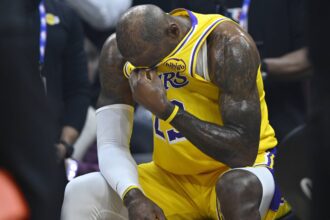For Iman Shumpert, the choice between personal stats and team success was never difficult. The former NBA guard, best remembered for his defensive grit and championship run with the Cleveland Cavaliers, recently opened up on the No Limit podcast about how his career unfolded and the sacrifices he made along the way.
“You want a ring or you want to average 20? Shout out to the guys, the specific guys, but also the two-way guys. I feel like there’s a lot of two-way guys. They don’t get credit for it because maybe they’re not locking everything up.”
“But the guys that actually just play good defense, they make rotations, the effort is all I need to see. You know what I’m saying? They don’t get no hooty hoos. Y’all don’t get no hooty hoos.”
“Like, I used to get four, five points. Let me get that. Oh, bro, you coming off that screen. Slow sail, let me shoot that. You only average this many points. I’m like, bro, that was on no shot attempts. That’s hooty hoos and broken plays. I’m like, if y’all would have actually.”
“I’m like, the games that I had, two, three threes, I finished with 17, 20.”
“I’m like, but when we come down and we run us in, I’m like, when you play with a juggernaut like Melo, an angry man like Amare Stoudemire, and then you get to swing over here to Kyrie Irving, Bron, and K-Love… I’m like, dog, you want a ring or you want to average 20?”
Shumpert pointed out that when he did get opportunities, he could score. On nights when he knocked down multiple threes, he could tally up to 17 or even 20 points. But when you play alongside juggernauts like Carmelo Anthony in New York or LeBron James, Kyrie Irving, and Kevin Love in Cleveland, your role changes.
The touches aren’t there. The spotlight isn’t there. And for Shumpert, that was fine.
Of course, Shumpert was also candid about his frustrations. Specifically, he admitted to hating the “3-and-D” label that defined much of his NBA career.
He explained that in Sacramento, he felt like himself again, playing as a combo guard, creating on offense, and guarding multiple positions.
“How bad I hated that 3 and D role, I hated it. People don’t understand how bad I hated that 3 and D role, I hated it. Like, I think now I’m out the league because I wouldn’t sign up for that.”
“Like, when I went to Sacramento, I was playing combo guard, you know what I’m saying? Dave had me really able to do my shit. Like, I’m like, this is where I’m comfortable and I’m guarding what I need to be guarding.”
“So like, I’m effective. Once I got to them other teams where it’s like, we just need you to do this specific thing.”
“Like, not to say he garbage or something, like Kyle Korver was a specialist. When you put him on a team, it’s like, shoot threes or we don’t need you here. And it’s like, if you put me on a team as a guard, if he’s getting off or we don’t need you, it’s like, if he getting off?
Still, his sacrifice paid off in the ultimate way. Shumpert was an integral part of the Cavaliers’ 2016 title run, helping Cleveland win its first-ever NBA championship in dramatic fashion over the Golden State Warriors. While he may not have averaged 20 points, his defense, toughness, and willingness to embrace a lesser role helped him achieve something far more valuable: a ring that will last forever.
Shumpert’s words underscore a truth many role players face, balancing personal pride with the demands of winning. He may have hated the 3-and-D label, but his choice to put rings over stats cemented his legacy as a champion.

